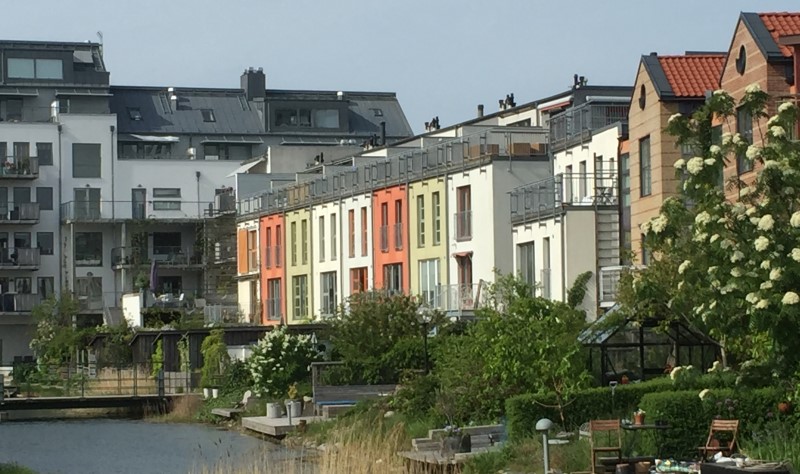Facts:
Dates
Flipped classroom: May 5th – 11th, 2025
On-line. May 12th, 2025
On-site: May 20th – 23rd, 2025
Credits
5 hp (ECTS)
Language of education
English
Time plan (preliminary)
Flipped Classroom (week of May 5-9, 2025)
The course begins with two pre-recorded lectures available for self-study, focusing on Landscape Governance and Nature-based Solutions. These lectures introduce foundational concepts for students to reflect upon and relate to their own research projects, setting the stage for deeper engagement throughout the course.
Lecture 1:
Landscape and Governance; definitions, organizational structures, and stakeholder engagement strategies
Lecture 2:
Nature-based Solutions; definitions, landscape considerations, and governance and management perspectives
May 12: On-line
The session will begin with a welcome and introduction, followed by a brief summary of the flipped classroom lectures. Students will then present their research, share their motivations for attending, and discuss how their projects relate to the pre-lecture themes.
May 20th – 23rd, 2025: On-site Preliminary program
|
|
Morning |
Afternoon |
|
May 20 |
Theme 1:: Theoretical foundations in landscape governance · Landscape and NbS governance · Organizational theory (capacity) · Public governance paradigms |
Field trip – case in Malmö/Copenhagen |
|
May 21st |
Theme 2: Stakeholder engagement and collaboration · The nature – landscape perspective · Place attachment · Processes >< solutions |
Presentation of on-going landscape governance – NBS research projects |
|
May 22nd |
Theme 3: Global, Spatial and Experiential dimensions · Stakeholders and co-governance (trust, collaboration) · Care of NBS and transformative change · Global North – Global South perspectives |
Field trip – case in Malmö/Copenhagen |
|
May 23rd |
Theme 4: Synthesis and Critical Reflection · Critical, systemic approaches to NbS implementation · Course evaluation |
Critical discussion of students own work |


